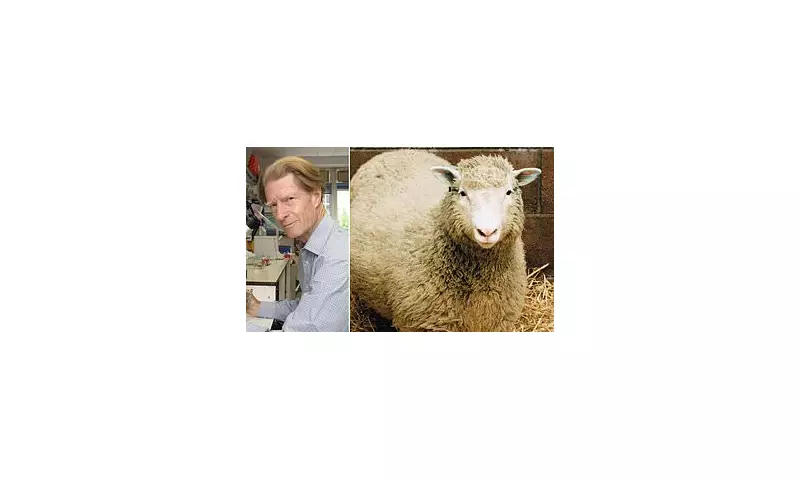
The scientific world mourns the passing of Sir Ian Wilmut, the visionary biologist who defied his Eton schoolmasters' dismissals to become the pioneering force behind Dolly the Sheep - the world's first successfully cloned mammal. He was 92.
The Schoolboy Who Flunked Biology
In a twist of fate that would define his career, the young Wilmut was told his aspirations of becoming a scientist were "ridiculous" after disappointing A-level results saw him fail to secure a place at Cambridge. His biology teacher at the prestigious Eton College delivered the crushing verdict that he simply "wasn't clever enough" for a career in science.
From Agricultural Dreams to Genetic Breakthroughs
Wilmut's journey took an unexpected turn through agriculture before he found his calling in genetic research. It was at the Roslin Institute near Edinburgh where he would make history, leading the team that created Dolly in 1996 - a breakthrough that stunned the scientific community and captured the world's imagination.
The Dolly breakthrough wasn't just scientific history - it was a moment that redefined what we believed possible in genetics, said a colleague from the Roslin Institute.
A Legacy That Transformed Science
Dolly's creation proved that specialised cells could be reprogrammed to create an entire organism, opening new frontiers in stem cell research and regenerative medicine. The implications stretched far beyond animal cloning, offering hope for treatments for Parkinson's disease, diabetes, and spinal cord injuries.
- 1996: Dolly the Sheep becomes first cloned mammal from adult cell
- 1997: Wilmut and team reveal breakthrough to worldwide acclaim
- 2008: Knighted for services to science
- 2018: Diagnosed with Parkinson's - the very disease his research sought to treat
The Irony of Personal Diagnosis
In a poignant twist, Wilmut revealed in 2018 that he had been diagnosed with Parkinson's disease, the very condition his pioneering work in cellular reprogramming sought to combat. He became a powerful advocate for stem cell research, speaking passionately about its potential to revolutionise medicine.
His story serves as a powerful reminder that early academic setbacks don't define one's potential, noted a Cambridge professor who later worked with him. Wilmut's persistence in the face of discouragement changed the course of genetic science forever.
Sir Ian Wilmut's legacy extends far beyond the famous sheep that made him a household name. He inspired generations of scientists to pursue ideas others called impossible, proving that sometimes the most revolutionary minds are those that refuse to accept conventional limitations.





